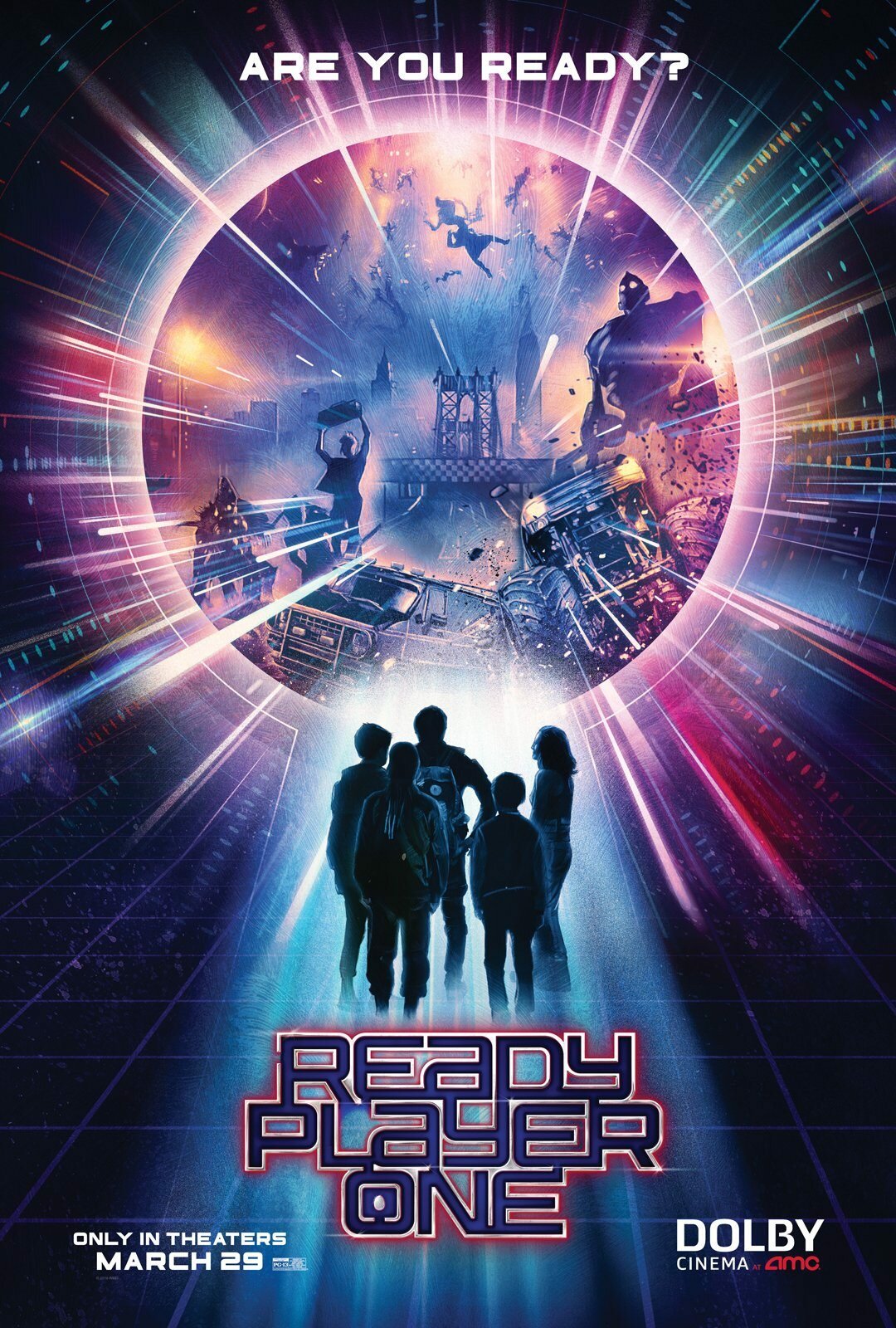Watching “Ready, Player One”, I was struck by the similarities to “The Congress”. Their initial similarities include a plea to appreciate reality and connect to each other. Furthermore, each has an underground fighting the corporate controlled artificial reality that most are immersed in.
There are a number of differences, and it is more than “The Congress” focusing on Robin Wright in an alternate reality where she didn’t have a successful career after “The Princess Bride”.
The central character of “Ready Player One” meets his team in real life and wins both the video game and the real contest. Robin Wright finds herself increasingly isolated and disconnected from everyone, though (spoiler alert) she reconnects with her son to the near exclusion of everything else. Her daughter is implied to be living in the real world and perhaps to even have had children, though she may have died in the rebellion attack on the namesake Congress. In “Ready Player One”, the hero gets the girl, the gold and probably eventually has a family.
In “The Congress”, the majority remain immersed in the drugged state that rivals or exceeds “Brave New World”, while “Ready Player One” is a total victory. Everyone turns against the corporatocracy, and virtual reality is turned off two days a week to force them all to spend time in the real world. In “The Congress”, the only victory is one woman’s personal win. The rebellion doesn’t tear down an oppressive regime. It only manages to build a parallel society, though it will win eventually through sheer demographics. (One character says they’re the only ones having children.)
“Ready Player One” is arguably the more realistic scenario. Imagine Google buying Amazon and outsourcing collections to Aegis Defense Services. While drugging people into compliance has been a staple of science fiction since “Brave New World”, the shared awareness of people on the same drugs in “The Congress” simply isn’t possible in the near term. It would be far easier to put them all in the same gamification of reality, and that’s already near-future if not here now.



Comments